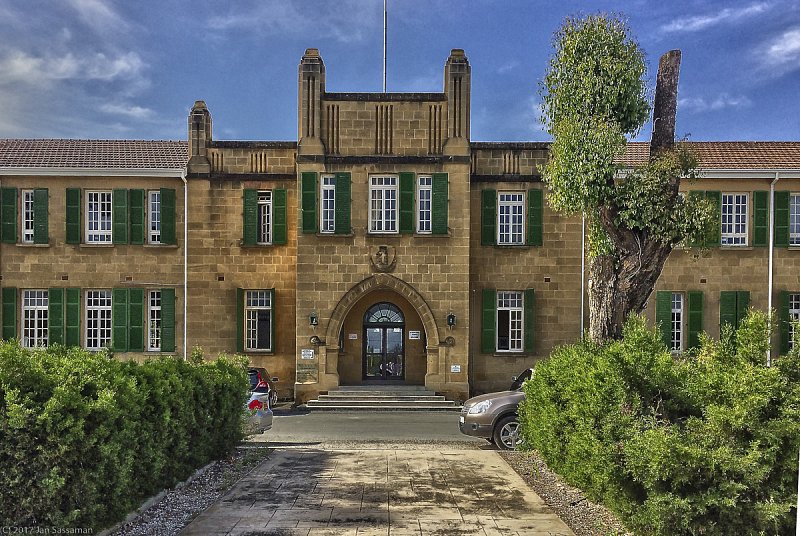A decades-old controversy over privileges granted to English School graduates has resurfaced after a social media post by former house president Yiannakis Omirou, as a new scandal involving the prestigious institution unfolds.
Omirou recalled an alleged case of favouritism dating back to 1998, when he served as defence minister. He claimed that graduates of the private English School were awarded an additional 50 points in the selection process for officer cadets in the National Guard. The reason, he said, was that they did not receive adequate Greek language education, unlike students in public schools.
“Why? Because they were not taught sufficient Greek, unlike public school students!” he wrote.
“That means privileges for an elite. A blatant case of unfairness. I immediately abolished it.”
His statement reignited debate over whether private school graduates enjoy systemic advantages in Cyprus. Critics argue that such policies, even if abolished years ago, reflect deep-rooted inequalities in education and public service. Others, however, suggest that students from international schools often face disadvantages due to language barriers and different curricula.
At the same time, the English School is facing a fresh controversy, with allegations of favouritism and political pressure linked to its governing board.
Ioanna Demetriou, the chair of the school’s board and a senior lawyer of the Republic, is at the centre of a scandal involving an alleged attempt to secure a place at the school for the child of another board member. Reports suggest that pressure was exerted on the school’s director to create an additional position after the child failed to secure admission through written exams.
Favouritism or attempted favouritism is a criminal offence under Cyprus’ penal code, carrying a prison sentence. Legal experts and political commentators argue that the attorney general and deputy attorney General should launch a criminal investigation immediately. The case is particularly sensitive because Demetriou holds a key position within the state’s law office. Critics say she should be removed from her post until the matter is resolved.
The scandal intensified after an alleged audio recording surfaced, reportedly exposing Demetriou’s involvement. The recording, circulating widely, has further damaged the reputation of the English School’s administration.
As the controversy grows, President Nikos Christodoulides faces increasing calls to intervene. Many argue that he should immediately dismiss the English School’s board to restore stability at the institution. In a sign of the deepening crisis, board members not implicated in the scandal have already submitted their resignations.
“What is the President waiting for?” critics ask, urging him to take swift action to restore confidence in the school’s governance.
The English School, founded in 1900, has long been at the centre of discussions on education policy and fairness in access to public sector jobs. Now, as pressure mounts for legal action and political intervention, its future governance remains uncertain.






Click here to change your cookie preferences